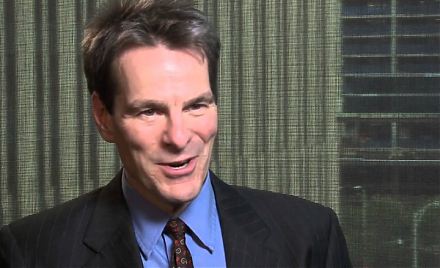

2018-01-10 08:40:00 Wed ET
technology antitrust competition bilateral trade free trade fair trade trade agreement trade surplus trade deficit multilateralism neoliberalism world trade organization regulation public utility current account compliance
President Trump considers imposing retaliatory economic sanctions on Chinese products and services in direct response to China's theft and infringement of U.S. intellectual property. Trump's retaliatory trade sanctions may involve tariffs, quotas, embargoes, and other restrictions on China's investments in U.S. companies. This punitive penalty arises as part of a recent Trade Act Section 301 probe into China's recent regulations that induce U.S. multinational corporations to establish onshore IT data centers. These regulations force unfair intellectual property and technology transfer from these U.S. multinational corporations to their Chinese counterparts. Without such technology transfer, the use and implementation of U.S. patents and trademarks would otherwise involve egregious infringement at the expense of U.S. firms and other innovators.
Recent empirical evidence suggests that this unfair technology transfer may be the root cause of both billions of dollar losses in corporate revenue as well as millions of job losses in America. In addition to intellectual property theft and infringement, the Trump administration also accuses China of currency manipulation. Over the years, China has been accumulating substantial dollar reserves in the form of U.S. Treasury bonds for better renminbi devaluation. This deliberate devaluation leads to more competitive Chinese export prices and thus better low-cost product sales abroad. The Trump administration needs to consider retaliatory trade sanctions on China in order to eradicate trade deficits with better fiscal discipline.
If any of our AYA Analytica financial health memos (FHM), blog posts, ebooks, newsletters, and notifications etc, or any other form of online content curation, involves potential copyright concerns, please feel free to contact us at service@ayafintech.network so that we can remove relevant content in response to any such request within a reasonable time frame.
2024-04-30 09:30:00 Tuesday ET

With clean and green energy resources and electric vehicles, the global auto industry now navigates at a newer and faster pace. Both BYD and Tesla have
2019-01-02 06:28:00 Wednesday ET

New York Fed CEO John Williams listens to sharp share price declines as part of the data-dependent interest rate policy. The Federal Reserve can respond to
2025-08-09 11:31:00 Saturday ET

Wharton e-commerce entrepreneurship professor Dr Karl Ulrich explains that many top-notch universities now provide massive open online courses (MOOCs) for m
2019-03-09 12:43:00 Saturday ET

Pinterest files a $12 billion IPO due in mid-2019. This tech unicorn allows users to pin-and-browse images through its social media app and website. Pintere
2018-10-05 10:38:00 Friday ET

A 7-year $1.3 billion hedge fund manager Chelsea Brennan shares her investment advice. Her advice encompasses several steps toward better financial literacy
2019-08-02 17:39:00 Friday ET

The Phillips curve becomes the Phillips cloud with no inexorable trade-off between inflation and unemployment. Stanford finance professor John Cochrane disa